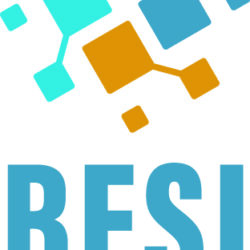The Berkeley Economy and Society Initiative (BESI) champions next-generation thinking about markets, governance, and the social preconditions for developing and sustaining genuine prosperity. In advancing a new agenda for multidisciplinary research and informed policy conversation, we stress the need to explore enduring inequalities of resources and power that frequently impede social progress. Learn more: https://besi.berkeley.edu/ […]
Research Center
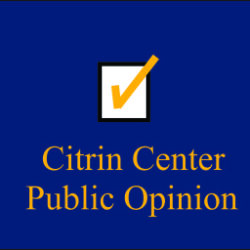
Citrin Center for Public Opinion Research
The Citrin Center is a nonpartisan multidisciplinary institution bringing together leading scholars of public opinion and political culture, both nationally and internationally to report and advance cutting-edge research.
Research Center
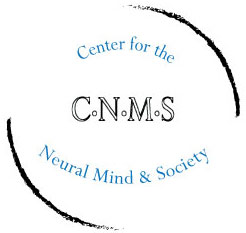
Center for Neural Mind & Society
The Center has two parts: a core team of experts on the science of the neural mind; and a network of research partners, labs and other centers run by UC Berkeley faculty in the following areas: neuroscience, data science with deep semantics, decision-making, political analysis, human rights, systemic causation in global warming, and new conceptual understandings of quantum mechanics.
Research Center

Cannabis Research Center
The Cannabis Research Center promotes interdisciplinary scholarship on the social and environmental dimensions of cannabis production. Through scientific research and engagement with community, government, and academic entities, the center advances understanding of cannabis agriculture in socio-ecological systems at local, national, and global scales. The center seeks to inform public dialogue and contribute to the development […]
Research Center
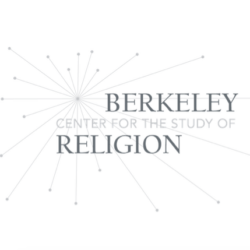
Berkeley Center for the Study of Religion (BCSR)
The Berkeley Center for the Study of Religion (BCSR) advances creative and critical scholarship on religion. BCSR faculty research, public programming, and graduate training drive new approaches to the study of religion and its intellectual and material contexts.
Research Center
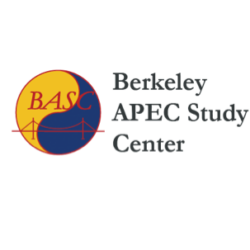
Berkeley APEC Study Center
The Berkeley APEC Study Center conducts multidisciplinary research on political, economic, and business trends in the Asia-Pacific, especially related to the Asia-Pacific Economic Cooperation (APEC) forum. Its primary mission is to produce and disseminate knowledge to decision makers in the public and private spheres to facilitate the creation of mutually beneficial cooperation in the business, […]
Research Center

Center for Democracy, Toleration, and Religion
The Center for the Study of Democracy, Toleration, and Religion (CDTR) was founded in 2006 at Columbia University by Professor Alfred C. Stepan through a grant from the Henry R. Luce Initiative on Religion and International Affairs. Professor Karen Barkey became co-director of CDTR in 2009. CDTR conducts research and training on the interfaces of and tensions between religion, toleration, and democracy in the world.
Research Center
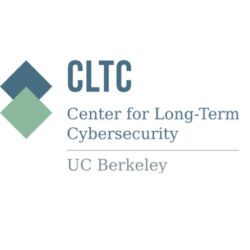
Center for Long-Term Cybersecurity
With a generous starting grant from the Hewlett Foundation, the CLTC was established in 2015 as a research and collaboration hub at the University of California, Berkeley. Housed in the School of Information (I School), the Center will create an effective dialogue among industry, academia, policy, and practitioners, with an aim to foster research programs, technologies, and recommendations. CLTC’s work is founded on a future-oriented conceptualization of cybersecurity—what it could imply and mean for human beings, machines, and the societies that will depend on both.
Research Center

Global Metropolitan Studies
Global Metropolitan Studies established a field of study at Berkeley to address major transformations in cities around the world, and to change how we study cities. Urbanization brings a range of new political configurations and challenges—ecological crises, processes of democratization and de-democratization, urban marginality, and emergent strategies of recognition and resistance. Global Metropolitan Studies is a community of scholars across disciplines at Berkeley that investigates these new challenges and politics of the new urban century.
Research Center

Human Rights Program
Through its interdisciplinary research and teaching initiatives, the Human Rights Program (HRP) at UC Berkeley investigates the political, historical, legal, economic, social, psychological, and representational dynamics of human rights.
Research Center
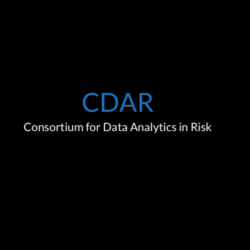
Consortium for Data Analytics in Risk (CDAR)
Founded through a partnership with State Street Global Exchange, the Consortium for Data Analytics in Risk (CDAR) is focused on applying advanced data-science techniques to manage and mitigate economic and financial risk. CDAR brings together researchers from across UC Berkeley and builds upon the programs of the Center for Risk Management Research (CRMR), an existing unit dedicated to understanding the dynamics of risk in financial markets, and the Berkeley Institute for Data Science (BIDS), which promotes scientific breakthroughs by advancing interdisciplinary, data-driven discovery.
Research Center

Institute of European Studies
The Institute of European Studies seeks to enrich America's understanding of Europe—its people, developments, and challenges—through the generation and dissemination of distinguished scholarship. As the University's focal point for the study of Europe, IES brings disciplines together to create new cross-disciplinary understandings of European issues and issues related to Europe and its constituent nations.
